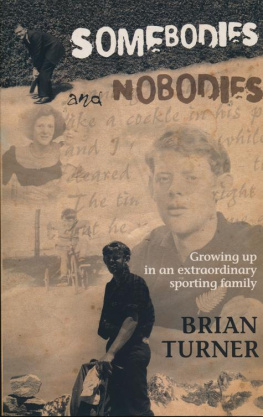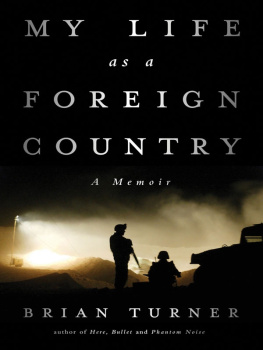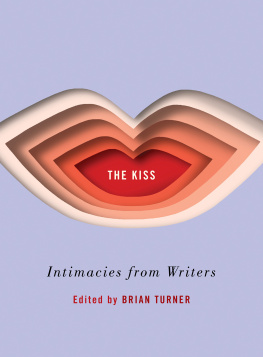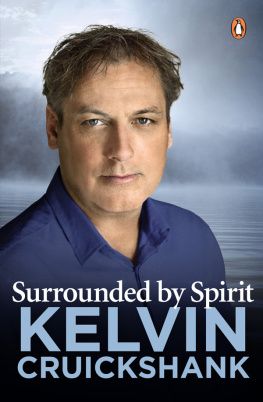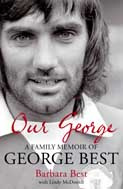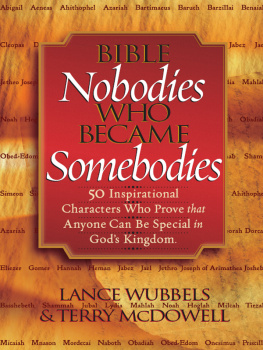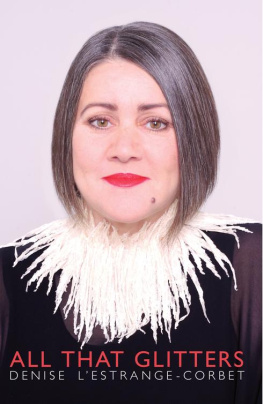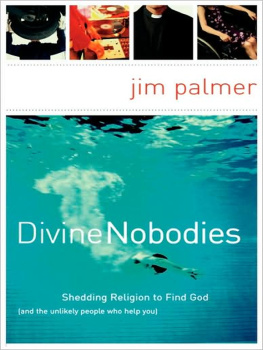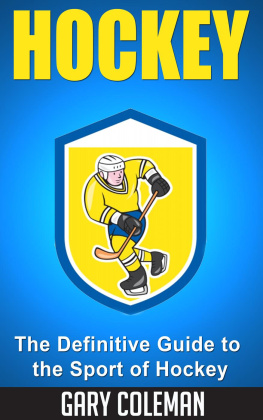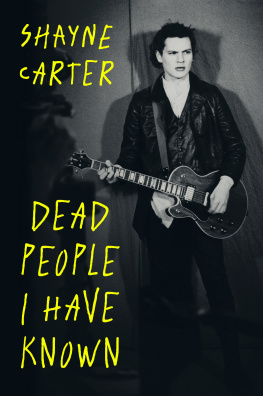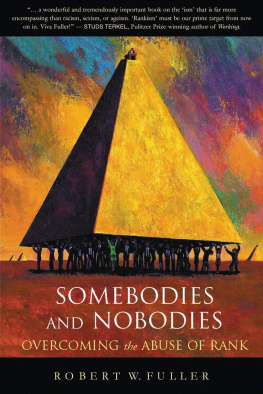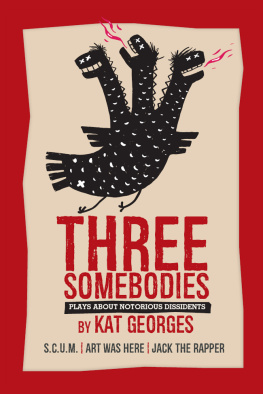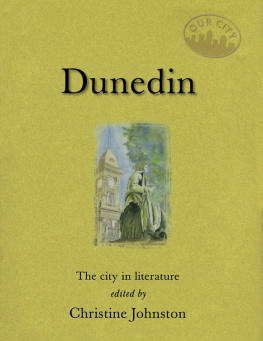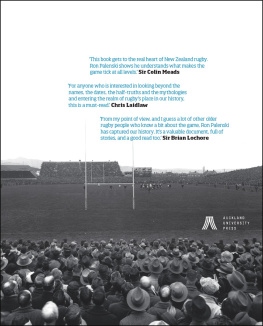I have worked on this book on and off over many years. It would not have been written if it had not been for support, first, in the form of a project grant received from the then QEII Arts Council of New Zealand, then a Scholarship in Letters in 1994, and a period as Writer in Residence at the University of Canterbury in 1997.
My mother and father provided factual information and memories, not always one and the same thing. I am deeply grateful for all that they have done for me. Thanks, too, to my brothers Glenn and Greg, and to all the legends cyclists, hockey players, schoolmates and others who appear at various times. It has been a strange and stimulating ride.
My thanks, too, to Harriet Allan and Richard King for the work they have put into the book.
An extract from the section about holidaying in Lawrence in the 1950s appeared in a special New Zealand issue of The Literary Criterion (Mysore) vol. 33 no. 1 (January 1998), edited by Jane Stafford and Mark Williams.
In some cases it was necessary, as well as polite, to obtain permission to use quoted material that appears in various places throughout this book. And while Ive not been able to track down the source of every quote, Im pretty sure that Ive attributed them to the right people; in other words, I havent made them up.
But I need to acknowledge permissions received gratefully from Faber and Faber Ltd for four lines from O what is that sound? from Collected Poems by W. H. Auden; sixteen words from The Hollow Men from Collected Poems 19091962 by T. S. Eliot; two lines from Talking in Bed and two from Annus Mirabilis from Collected Poems by Philip Larkin; The Society of Authors as the Literary Representative of the Estate of John Masefield for lines by Masefield; The Literary Trustees of Walter de la Mare and the Society of Authors for work by de la Mare; the publisher J. M. Dent for lines from In my craft or sullen art in Collected Poems by Dylan Thomas; the late V. S. Pritchett and Chatto and Windus for the extract from ACab at the Door.
My thanks to Jacquie Baxter for permission to quote from James K. Baxters poems Winter Sea, Pig Island Letters, The Waves and A Wish for Berries, from Collected Poems, Oxford University Press; to Alan Roddick for the paragraph from Indirections by Charles Brasch, Oxford University Press; to Bill Sewell for lines from Above Outram in Making the Far Land Glow, John McIndoe; to Alistair Campbell for his lines from Elegy; and to Vincent OSullivan for lines from Dont Knock the Rawleighs Man in The Rose Ballroom, John McIndoe; from Still Shines When You Think of It in Butcher & Co, Oxford University Press; and from Each Moment May Open Then as a Fan, Then Fear in The Butcher Papers, Oxford University Press. The painter, W. A. (Bill) Sutton spoke of his wish the capture the essences of the forces of nature when I visited him at his home in 1997.
Eudora Weltys quote beginning Part 3 is from Places in Fiction. The quote Most youth, unless youre very smart or very lucky, is spilled by Stanley Elkin is taken from his essay My Shirt Tale in Harpers, April 1987; his pithy Decorum is the natural enemy of autobiography comes from his essay Out of Ones Tree, Harpers, January 1993. A man needs to get out in the open air and sweat and blow off the stink comes from William Kittredges essay Who Won the West?, Harpers, April 1988. John Banvilles, it is a natural delusion that life elsewhere must be different, comes from his review of J. M. Coetzees Boyhood in the New York Review of Books, 20 November 1999. The F. Scott Fitzgerald quote is the lyric crescendo at the end of The Great Gatsby. Ive been scratching around looking for where Flannery OConnors If you want to be a writer then youd better come from somewhere, comes from. But its there somewhere, apart from in my notebook; the same applies to Jim Harrisons bold claim, Everything is possible on earth love, sanity, enormous fish, fame.
As for Russell Baker, my quote from him in my Authors Note is taken from his essay, Life With Mother, in Houghton Mifflins collection Inventing the Truth edited by William Zinsser. Bakers view, in response to my request for permission to quote him, is one that most writers share. One does not need formal permission to use a short quote like the one in Zinssers collection . But I thank him for such confirmation.
In the 1980s, the American Russell Baker wrote a book called GrowingUp. He did it, he said, for the prime reason to celebrate people whom nobody had even heard about. And whom I was terribly fond of, for the most part, and thought deserved to be known. I had similar aims in mind when writing this book, although I would not describe the people in it as unknown. All of us are known in the sense of being familiar with and/or important to someone, somewhere, at some time. And all of us live on, one way or another, as I see it. So the result, for me, is mainly gratitude and a feeling of indebtedness towards those who were kind to me in days that seem like both yesterday and a long time ago.
In terms of proximity to parents and grandparents, ours was a closer family than most. We were in regular close (my mother would say too close) contact with both sets of grandparents; we were close because of our place in the class pecking order, and we were close because of our enthusiasm for sport and recreation. We were close, too, because our living conditions were fairly cramped. All this acted as a bond, and sport was perhaps the most powerful bond of all.
Sport and recreation gave us opportunities for travel, fun and competition. We saw sport as a challenge, both physically and mentally, and for much of the time fun and competition were synonymous. We grew up believing that sport ought to be played hard, and that to get the most out of it you had to give it serious thought. Most individuals and teams dont need more mongrel, they need to think more and better.
It wasnt long before I detected that in some quarters and especially, though not exclusively, among those who saw themselves as artistic, hence creative sport and sportspeople were subject to derision, seen as having more brawn than brains. I thought that too sweeping a dismissal and often untrue. I saw sport as an essential part of our culture, and disliked the inference that those who enjoyed sport were by definition lacking cultivation.
To me and my brothers, Glenn and, later, Greg, sport offered opportunities that removed class barriers. And while we enjoyed playing games just for fun rugby, soccer, cricket, hockey, tennis, table tennis, golf, and in my case cycling, too the competitive element added to the fun. Theres no doubt that the better you are at a sport, the more fun you get out of it. Those who tell you, pointedly, that they play just for fun (inferring that you dont, that you are too serious) often dont seem to have as much fun as they ought to. Frequently its because they havent been lucky enough to have been taught the basics properly; ineptitude isnt much fun.

